
Unveiling the Top AI Editing Assistants
In what has been a horrific week in aviation, a PAL Airlines aircraft operating as Air Canada flight AC2259 made an emergency landing at Halifax Stanfield International Airport on Saturday night due to a landing gear failure, which resulted in a fire.

How to overcome interview paralysis
Overcoming interview paralysis involves a combination of preparation and mindset shifts. Start by researching the company and practicing common interview questions to build confidence. Visualization techniques can help you imagine a successful interview experience, reducing anxiety. Focus on breathing exercises to calm your nerves before the interview. Embrace a growth mindset, viewing the interview as a learning opportunity rather than a high-stakes evaluation. Lastly, remember that it’s a two-way conversation, allowing you to engage and ask questions about the role and company.
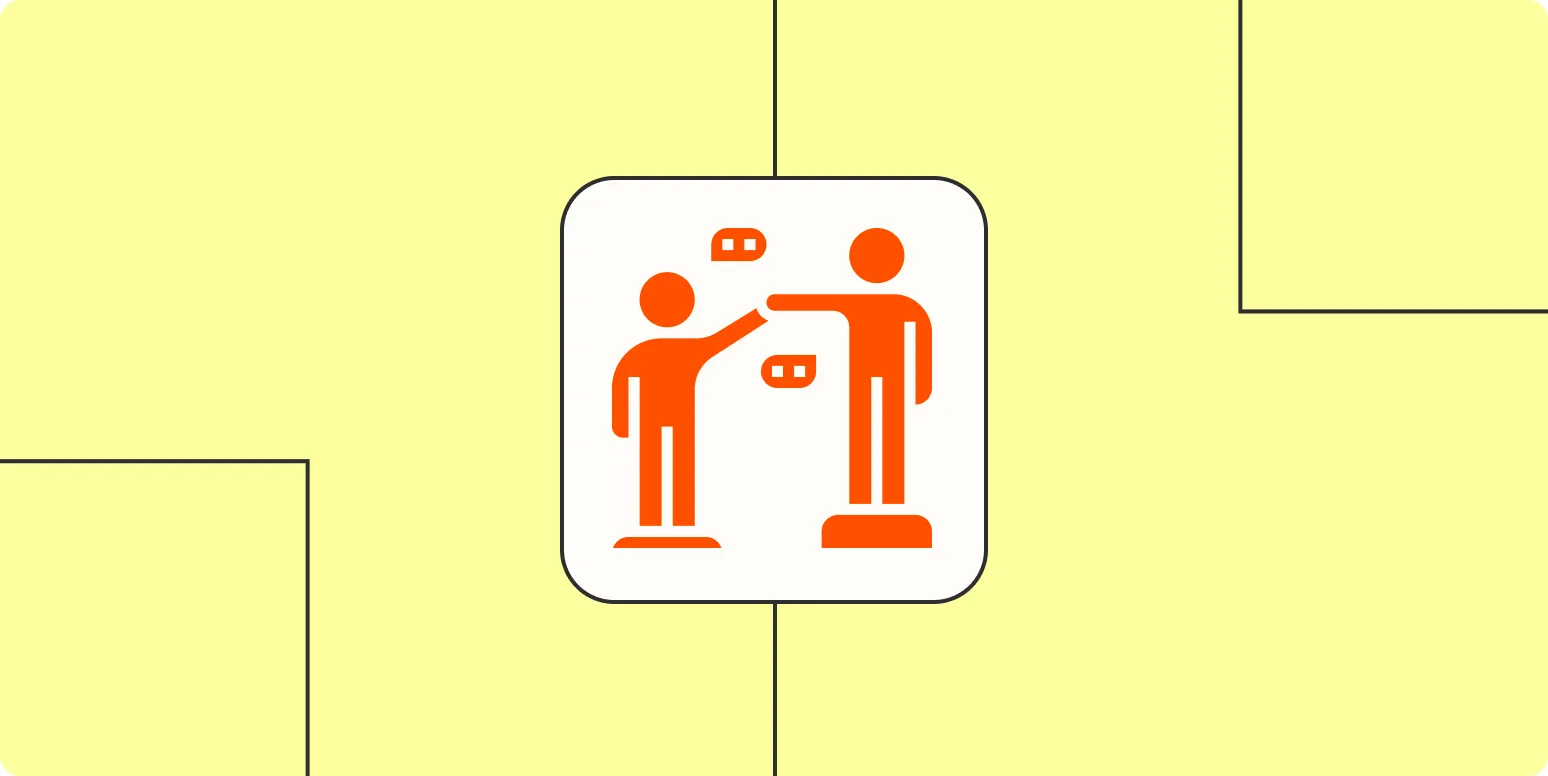
How to disagree at work without being a naysayer
Disagreeing at work can be challenging, but it's essential to express differing opinions constructively. Focus on the issue rather than the person, using "I" statements to share your perspective. Offer alternatives or solutions instead of solely highlighting problems, fostering a collaborative environment. Maintain a respectful tone and listen actively to others, showing that you value their viewpoints. By approaching disagreements with openness and a problem-solving mindset, you can contribute positively without being perceived as a naysayer.
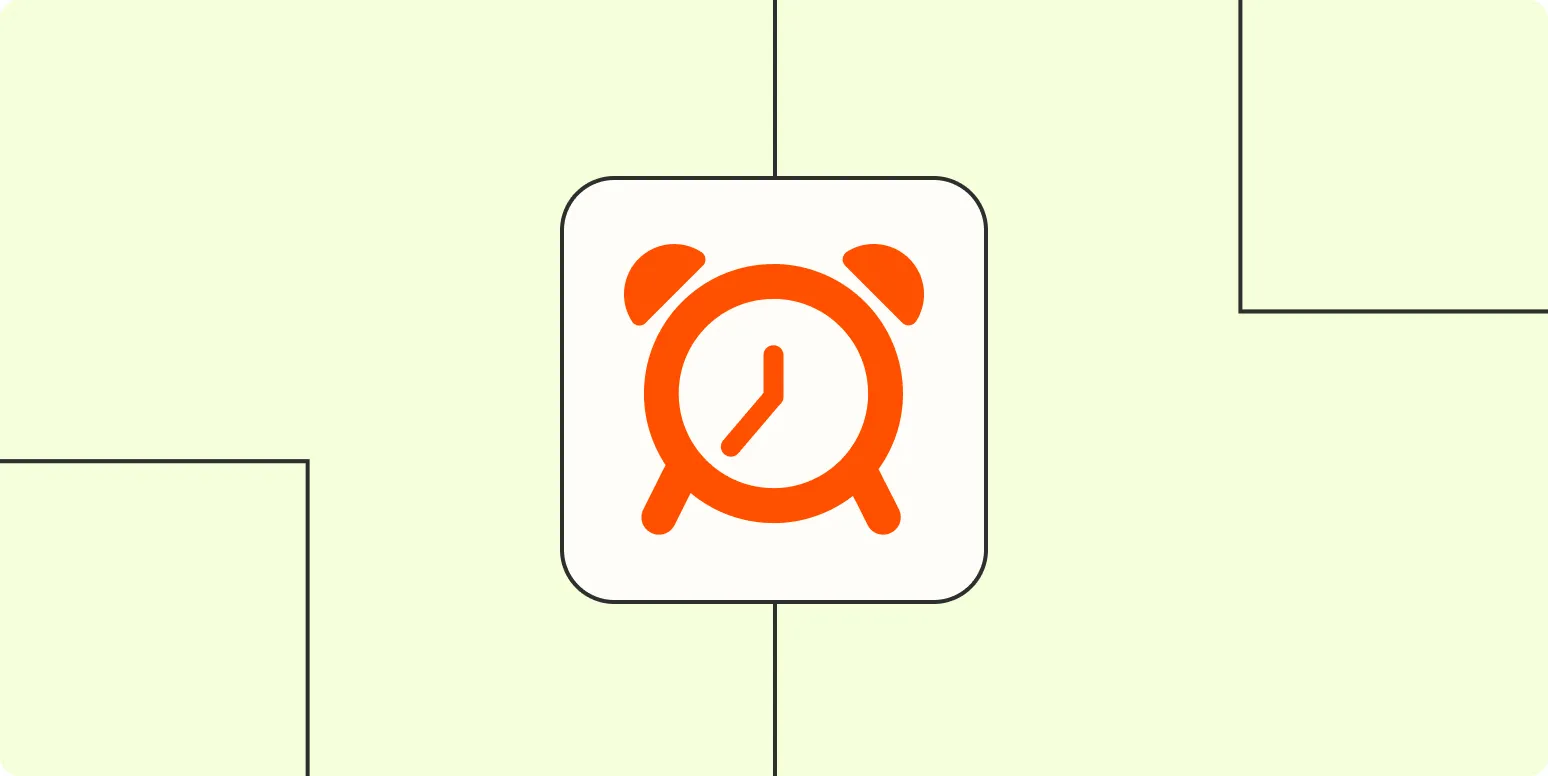
Why I ditched my morning alarm clock
After years of relying on a traditional alarm clock, I decided to eliminate it from my mornings. The constant jarring sound disrupted my sleep cycles and left me feeling groggy. Instead, I embraced a more natural wake-up routine, allowing my body to rise with the sunlight. This shift not only improved my mood and energy levels but also encouraged a more peaceful start to the day. Now, I wake up refreshed, ready to embrace whatever the day brings.

Are you having a microwave day or a stovetop day?
The phrase "microwave day or stovetop day" reflects the varying paces of our daily lives and the choices we make in response to them. A microwave day suggests a preference for quick, convenient solutions, where time is of the essence and instant gratification reigns. In contrast, a stovetop day implies a more deliberate approach, emphasizing the joy of preparation and the richness of experience. This concept invites us to consider our current mood, priorities, and the balance between efficiency and savoring life's moments.
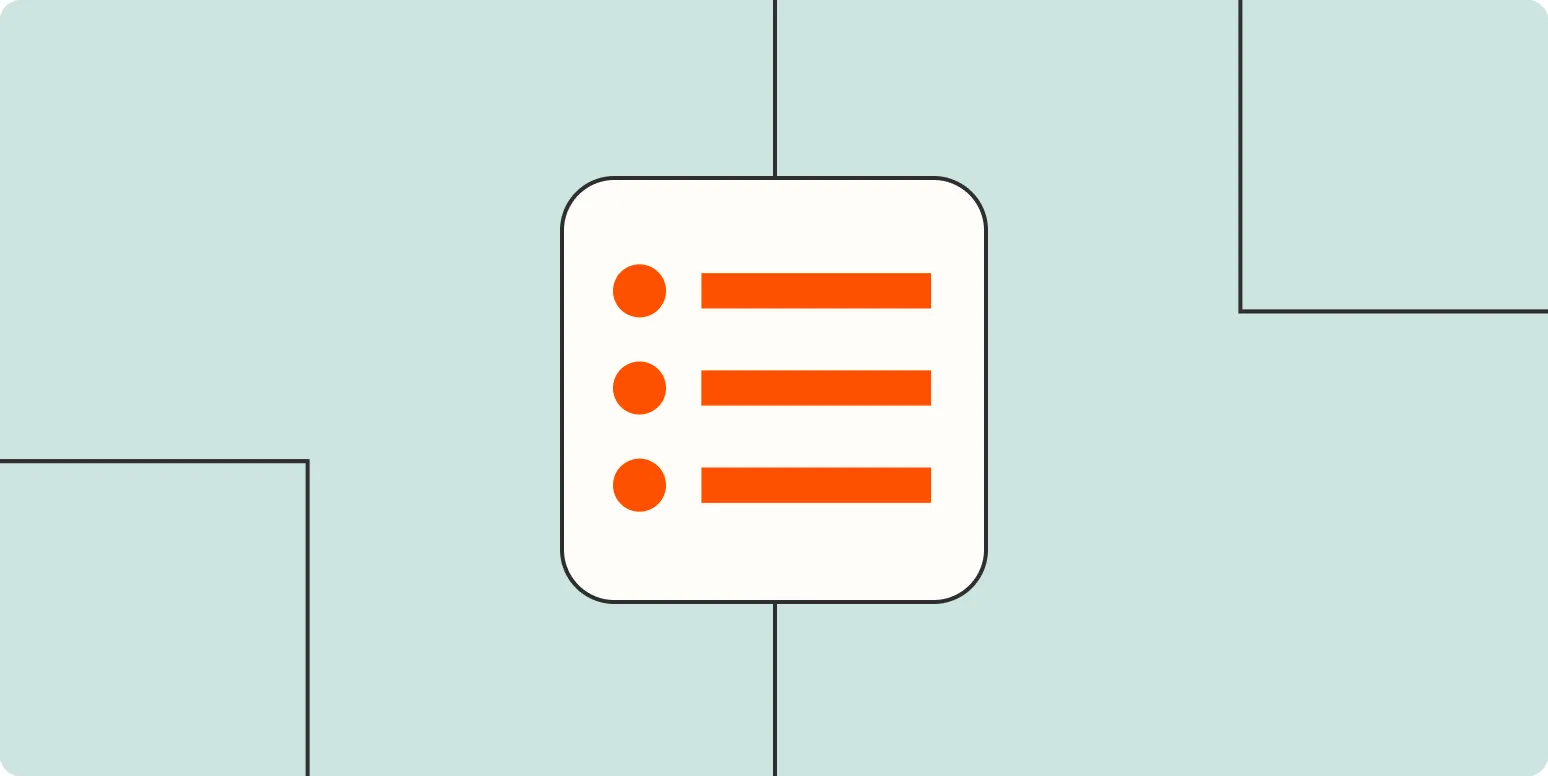
Why I combine my personal and work to-do lists
Combining personal and work to-do lists helps streamline my daily tasks and enhances productivity. By integrating both aspects of my life, I gain a clearer perspective on my priorities and manage my time more effectively. This approach reduces the mental clutter of switching between different lists and allows me to allocate resources more efficiently. It ultimately fosters a sense of balance, ensuring that both professional and personal goals are addressed cohesively throughout my day.
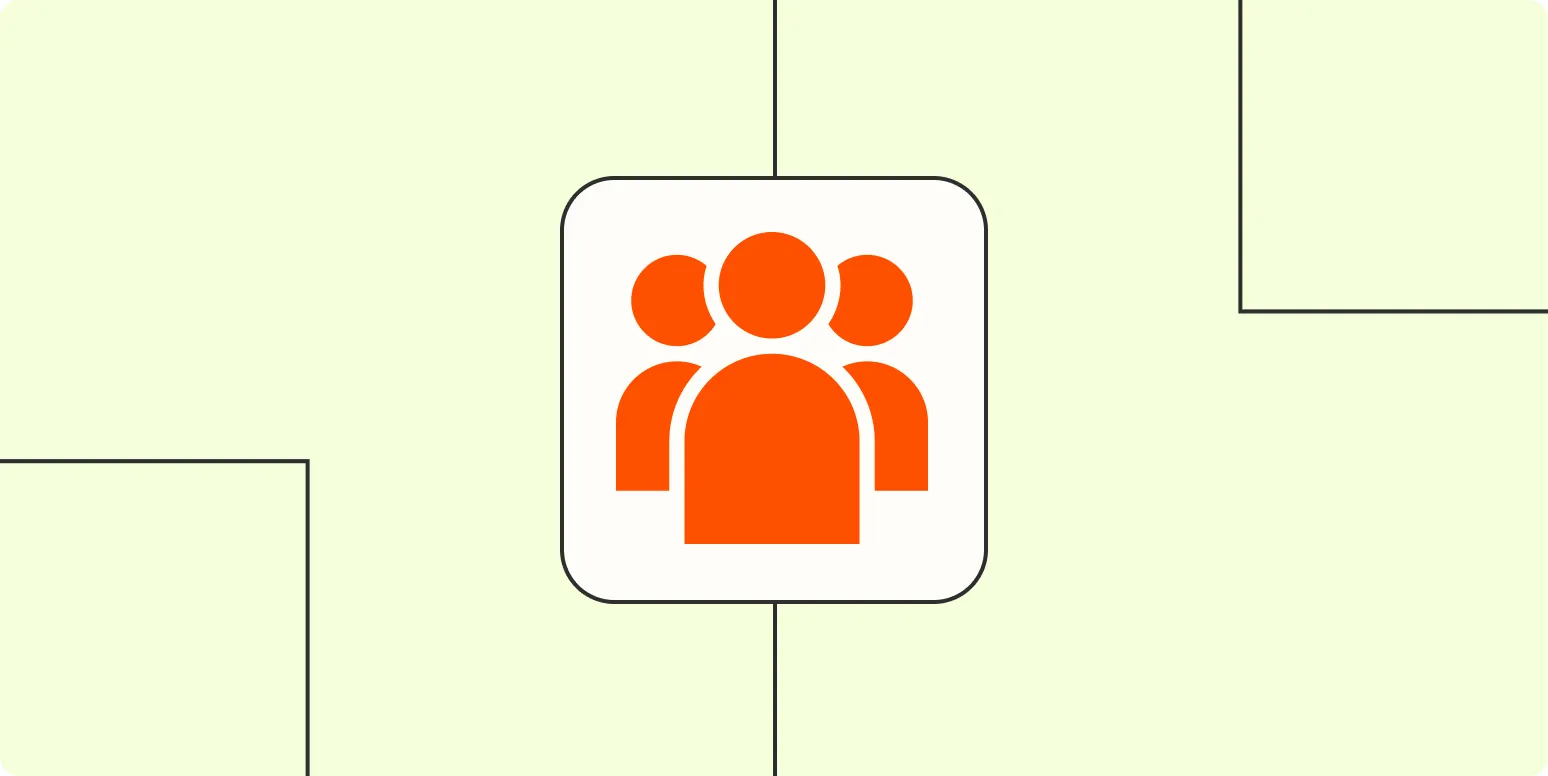
The power of a simple thank you at work
A simple thank you can profoundly impact workplace culture and relationships. It fosters a sense of appreciation and recognition, motivating employees and enhancing morale. Acknowledging efforts, no matter how small, creates a positive environment where individuals feel valued and engaged. This practice not only strengthens team dynamics but also encourages open communication, leading to increased collaboration and productivity. By cultivating a habit of expressing gratitude, organizations can build a more supportive and thriving workplace atmosphere.
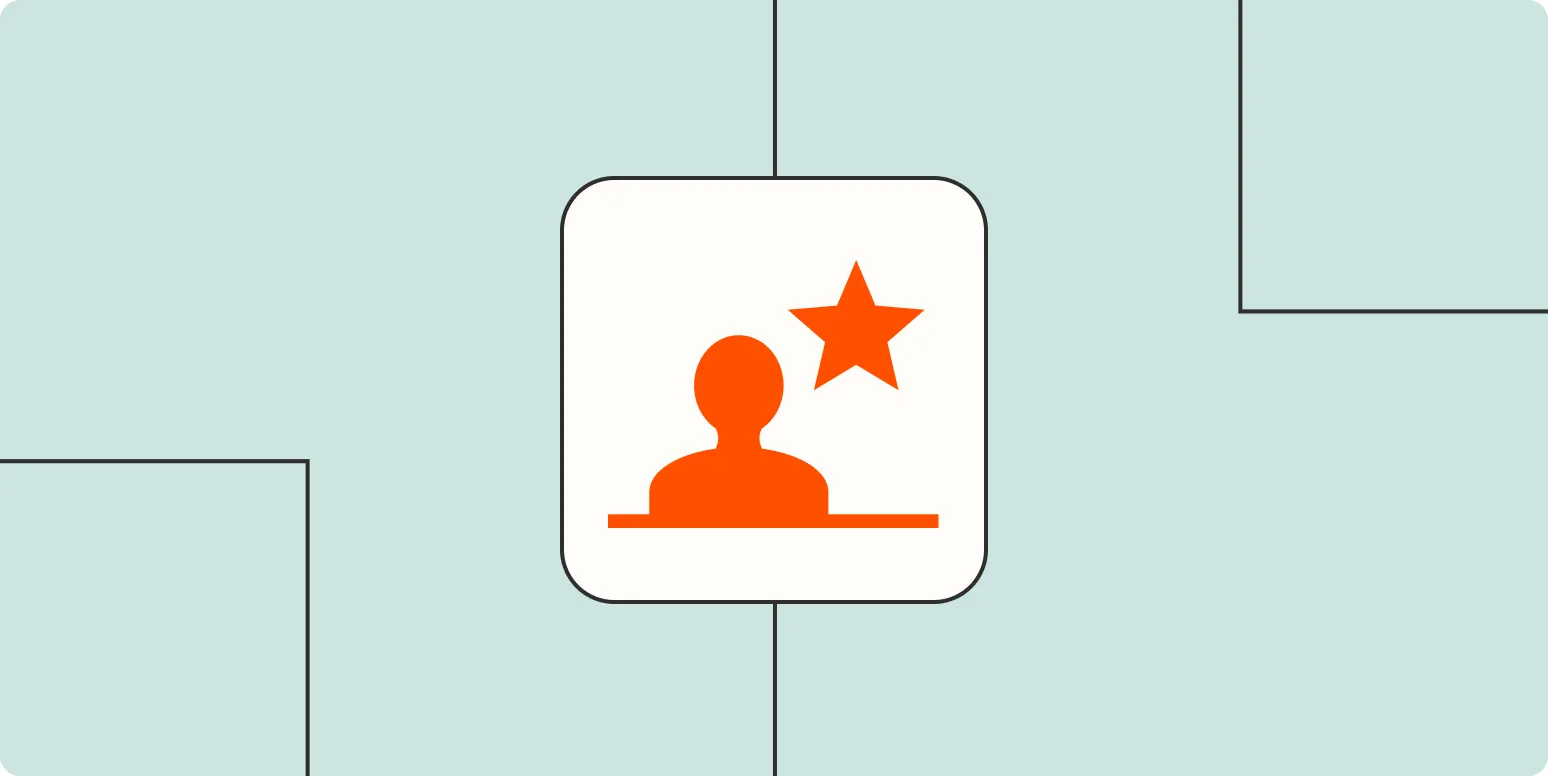
Stop cramming for performance reviews
Cramming for performance reviews often leads to stress and ineffective evaluations. Instead of last-minute preparation, a consistent approach to self-assessment and feedback throughout the year can foster growth and improvement. Engaging in regular check-ins with supervisors and peers allows for ongoing dialogue about performance, strengths, and areas for development. By embracing a continuous feedback culture, employees can better understand expectations and make meaningful progress, ultimately leading to more accurate and constructive performance reviews.

Why you should be an interviewer at work
Becoming an interviewer at work offers a unique opportunity to shape the team and influence the company's culture. It allows you to assess candidates' skills and fit for the organization, ensuring that only the best talent is brought on board. Additionally, the role enhances your communication and decision-making abilities, while providing insight into industry trends and practices. Participating in the hiring process fosters a sense of ownership and responsibility, ultimately contributing to both personal and professional growth.

11 best performance review tips for employees
Effective performance reviews are essential for employee growth and development. To make the most of these evaluations, employees should prepare in advance by reflecting on their achievements and setting clear goals. Open communication with supervisors fosters constructive feedback, while a positive attitude can enhance the review experience. Actively listening during discussions and seeking clarification on points can lead to better understanding. Finally, following up on the feedback received helps in tracking progress and demonstrates a commitment to continuous improvement.
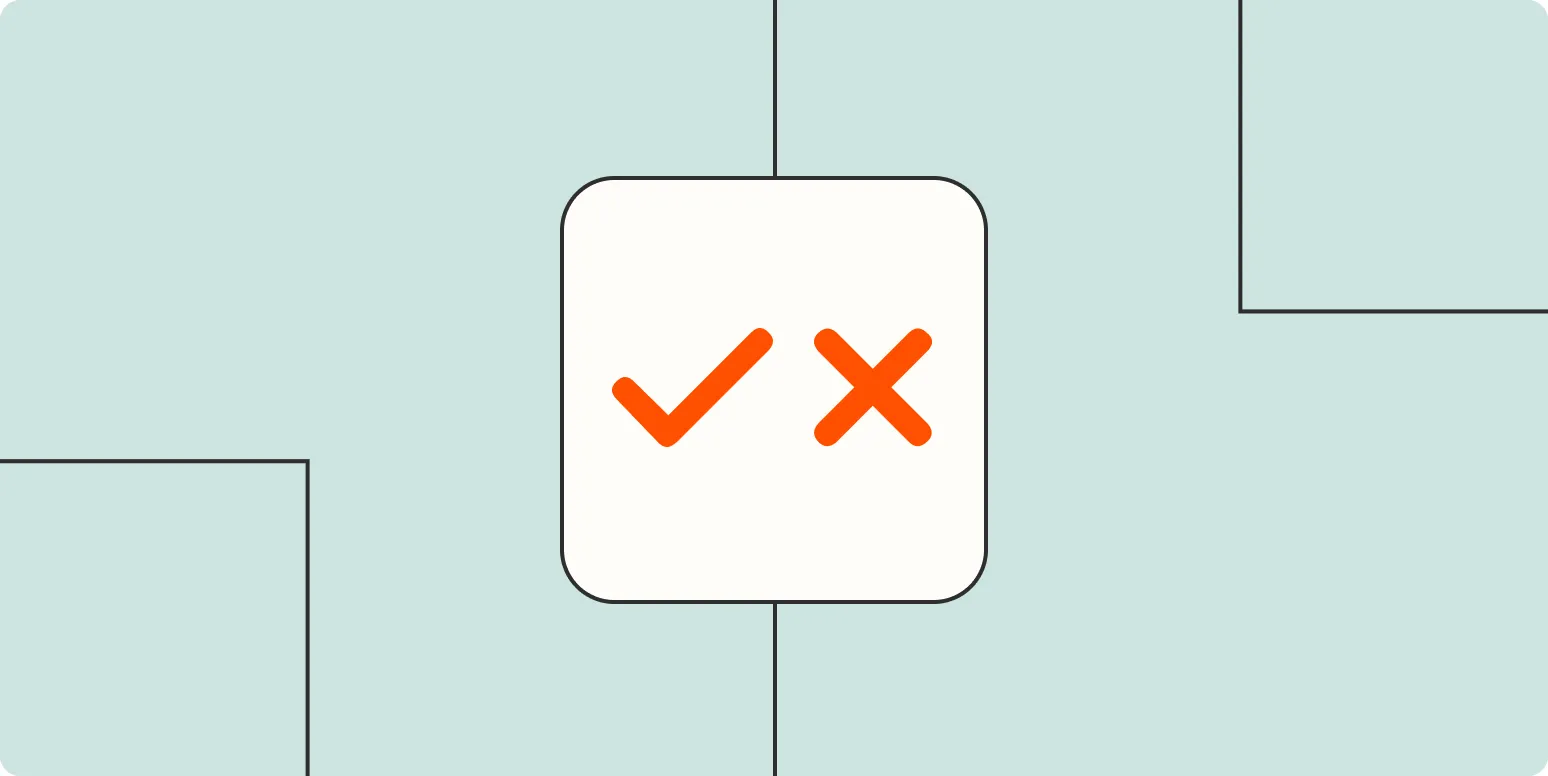
When to give up on a goal—and how to do it
Knowing when to give up on a goal involves assessing your progress, motivation, and overall well-being. It’s crucial to differentiate between a temporary setback and a fundamental mismatch with your aspirations. Reflect on whether the goal still aligns with your values and priorities. If it does not, consider a graceful exit by acknowledging your efforts, learning from the experience, and redirecting your energy towards pursuits that resonate more deeply with you. Embrace the opportunity for growth and new beginnings.
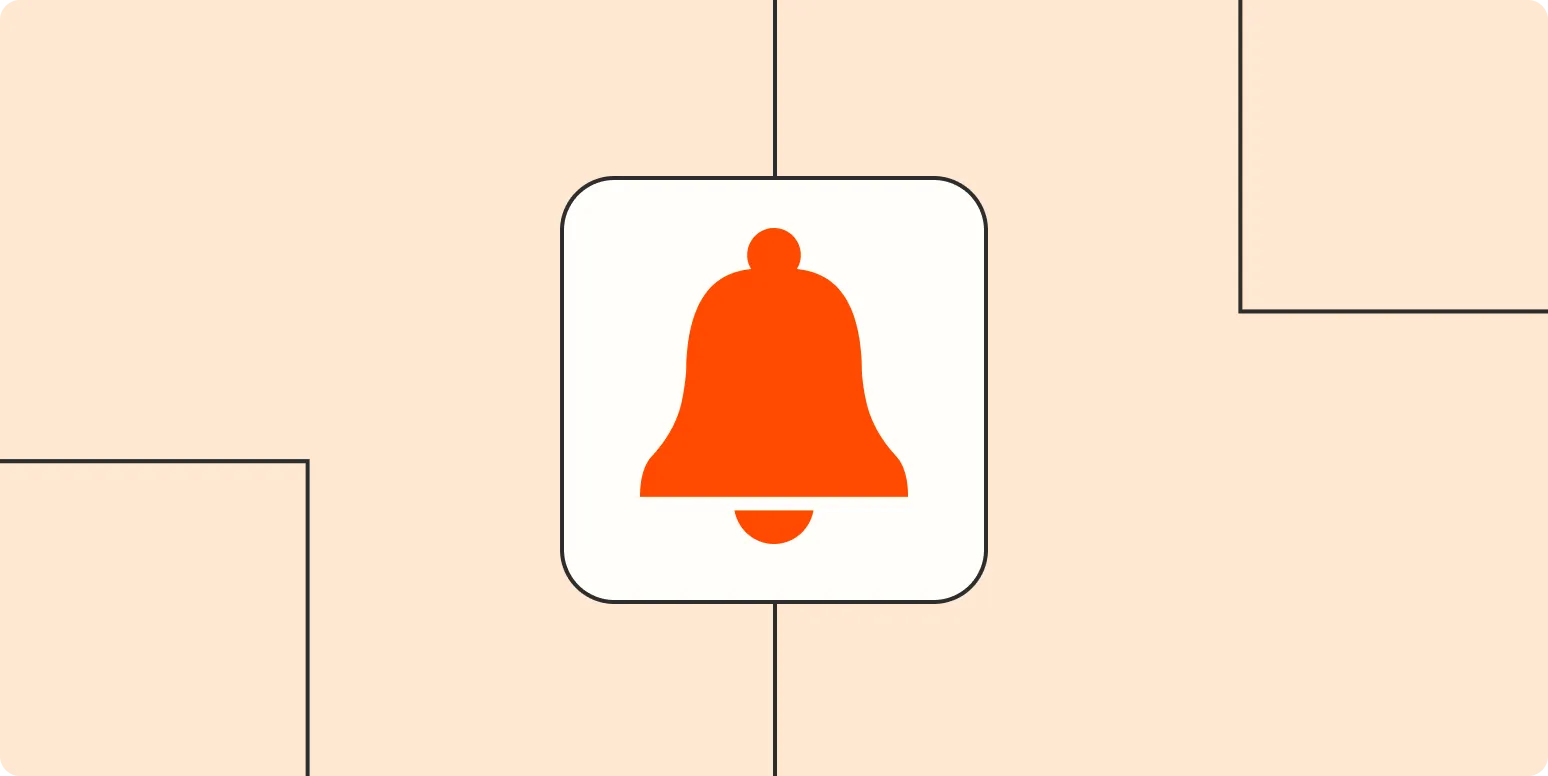
Overwhelmed? Turn off your notifications.
In an increasingly connected world, constant notifications can lead to feelings of overwhelm and distraction. Taking a step back and turning off these alerts can create a much-needed space for focus and tranquility. By silencing the barrage of incoming messages and updates, individuals can reclaim their time and mental clarity. This simple action encourages deeper engagement with tasks at hand, fosters mindfulness, and ultimately promotes a healthier relationship with technology, allowing for a more balanced and productive lifestyle.
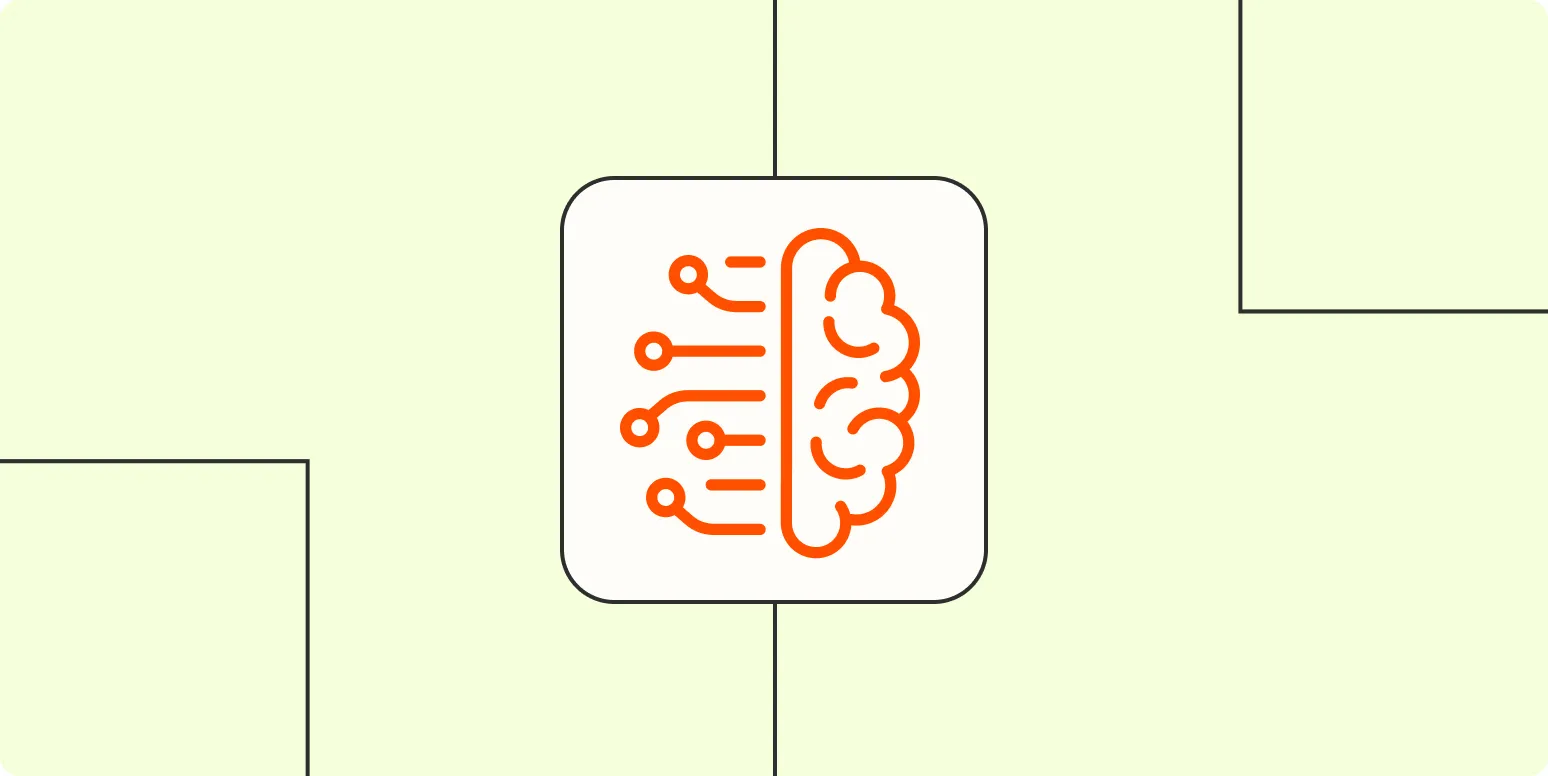
AI ethics: The ethical issues of artificial intelligence
AI ethics encompasses the moral considerations surrounding the development and deployment of artificial intelligence technologies. It addresses concerns such as bias in algorithms, the transparency of decision-making processes, and the potential for job displacement. Additionally, issues related to privacy, surveillance, and the accountability of AI systems are crucial. As AI continues to evolve, ethical frameworks must be established to ensure that these technologies are used responsibly, promoting fairness and safeguarding human rights while maximizing their benefits for society.
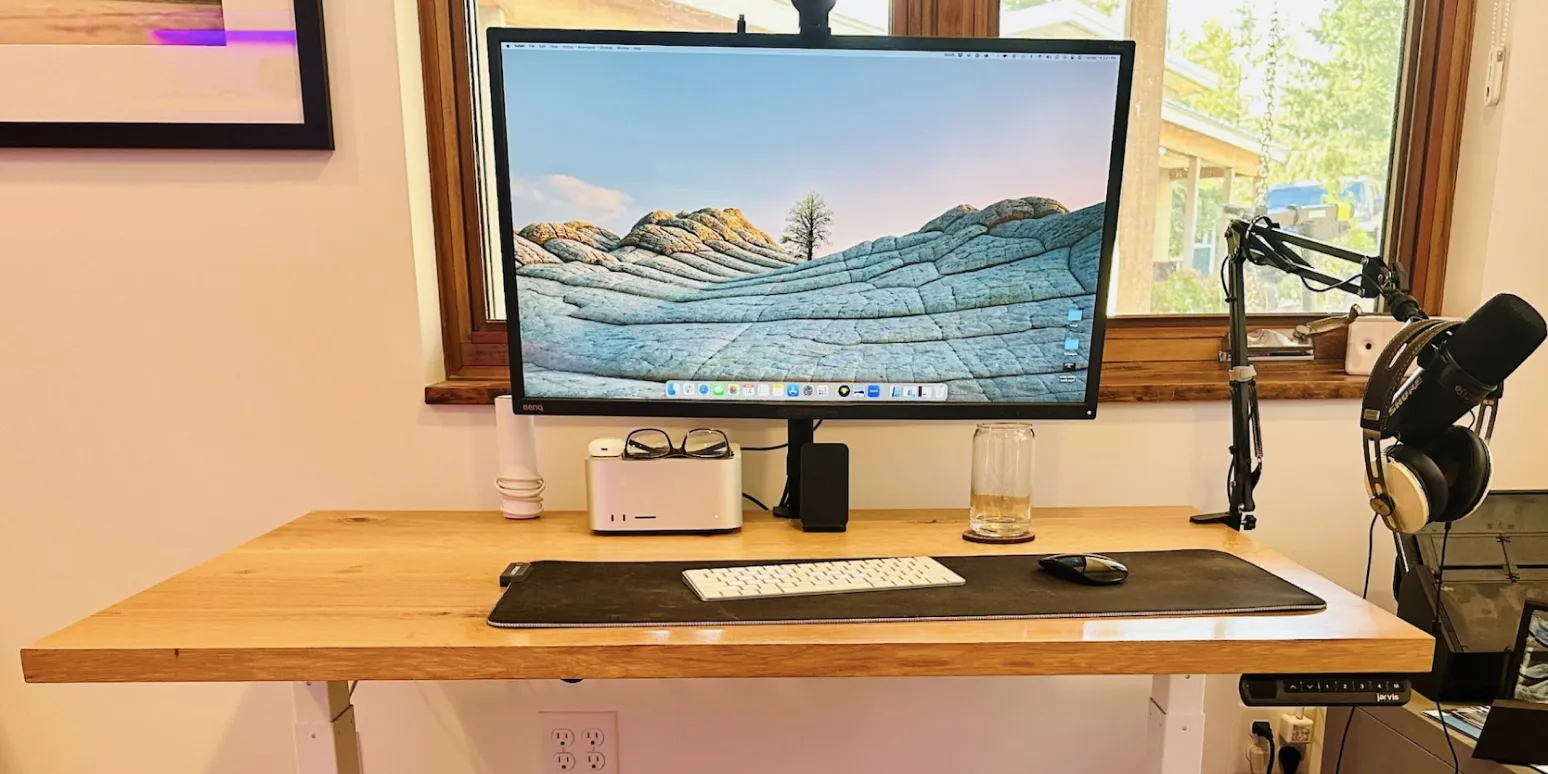
How to declutter your desk (above and below)
Decluttering your desk involves systematically organizing both the surface and the space beneath. Start by clearing everything off your desk, then evaluate each item for necessity. Keep only essential tools and items that inspire you. For the area below, sort through paperwork and supplies, categorizing them into keep, discard, or donate. Use organizers and boxes to maintain order and create a more functional workspace. Regularly revisit this process to prevent clutter from reaccumulating, ensuring a productive environment.
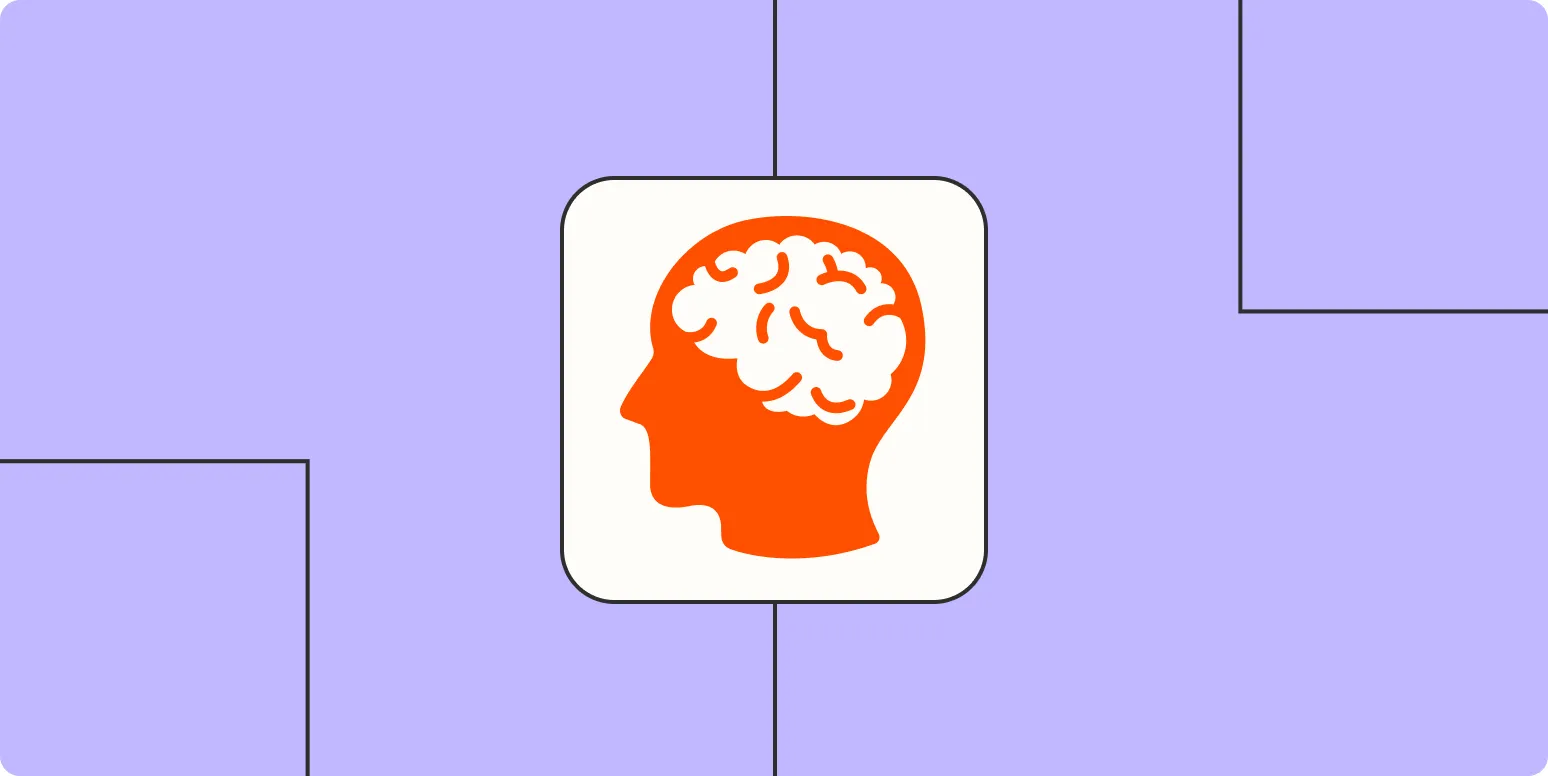
How to rebuild your work habits from scratch
Rebuilding work habits from scratch involves a thoughtful approach that begins with self-reflection. Identify existing habits that hinder productivity and replace them with positive alternatives. Establish a structured daily routine that prioritizes tasks and incorporates breaks to maintain focus. Utilize tools like to-do lists or digital planners to track progress and stay organized. Cultivating a supportive environment, both physically and mentally, can enhance motivation. Lastly, be patient with yourself, as forming new habits takes time and consistency to become ingrained.
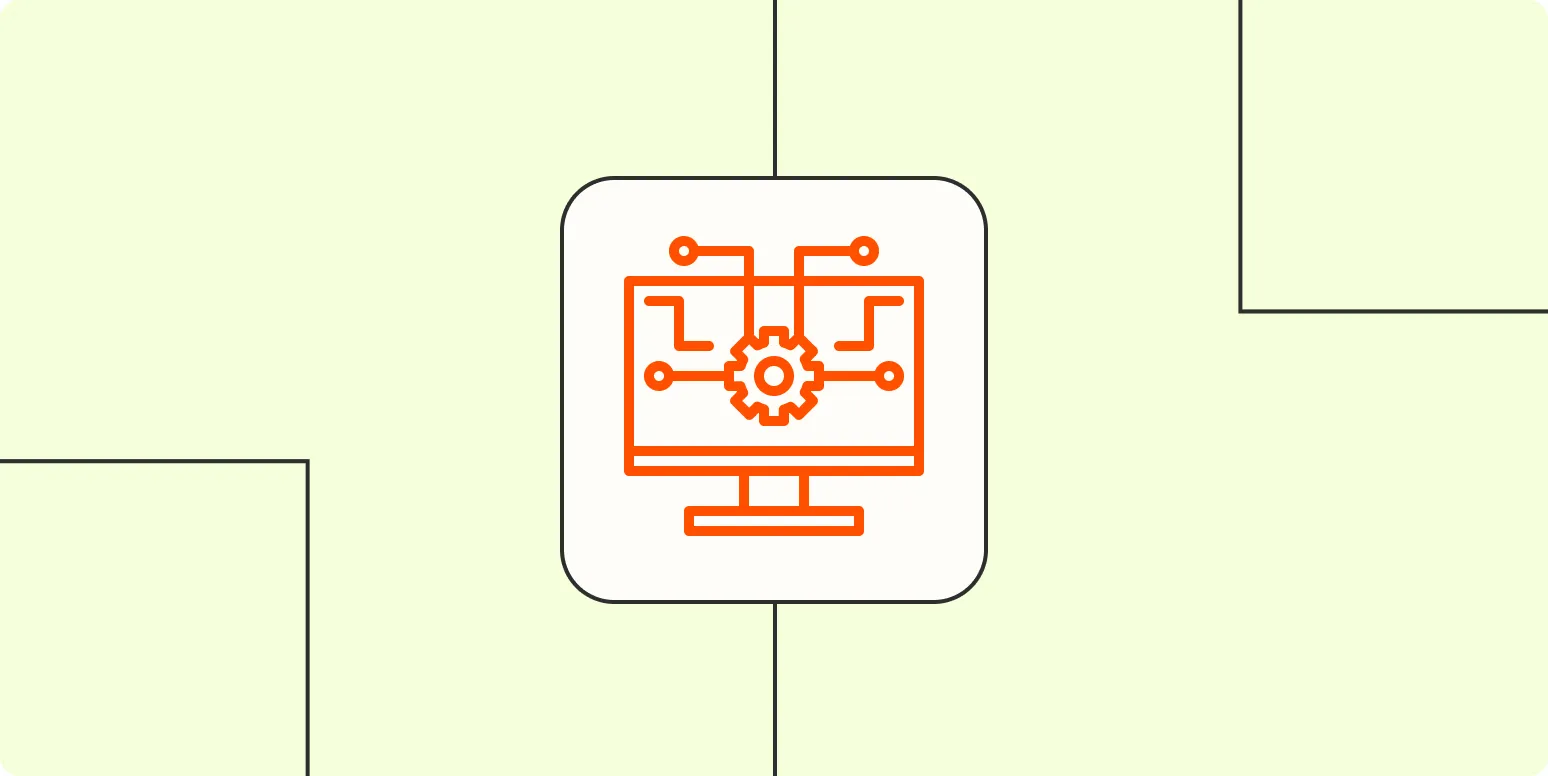
AI in engineering: Transforming the way software engineers work
Artificial intelligence is revolutionizing the field of engineering by enhancing the efficiency and creativity of software development. By automating routine tasks, providing intelligent code suggestions, and streamlining debugging processes, AI allows engineers to focus on more complex problem-solving. Machine learning algorithms analyze vast amounts of data to optimize design and improve performance, while natural language processing tools facilitate better collaboration among teams. This transformative technology not only accelerates project timelines but also fosters innovation, ultimately reshaping the future of engineering practices.

What does "thinking big" really mean?
"Thinking big" refers to the mindset of envisioning ambitious goals and pursuing innovative ideas that challenge conventional limits. It involves embracing creativity, taking calculated risks, and believing in the potential for significant impact. This perspective encourages individuals to look beyond immediate obstacles, fostering a long-term vision that can inspire personal growth and drive transformative change. By cultivating this expansive outlook, one can unlock opportunities and harness the power of imagination to create a meaningful legacy.

How to memorize things fast: 11 memorization techniques
Memorizing information quickly can be achieved through various effective techniques. Visualization aids in creating mental images, while mnemonic devices simplify complex data into memorable phrases. Chunking breaks down large pieces of information into smaller, manageable units. The method of loci utilizes spatial memory by associating items with specific locations. Repetition reinforces memory retention, and teaching others enhances understanding. Engaging multiple senses, using flashcards, practicing active recall, and maintaining a healthy lifestyle also contribute to improved memorization skills.

9 time management tips for getting more done at work
Effective time management is essential for maximizing productivity at work. Prioritizing tasks helps to focus on what truly matters, while setting specific goals can provide clear direction. Breaking larger projects into manageable chunks makes them less overwhelming. Utilizing tools and technology can streamline processes, and scheduling regular breaks can enhance overall efficiency. Learning to say no to non-essential tasks preserves valuable time. Lastly, reviewing daily achievements fosters motivation and encourages continuous improvement in managing work responsibilities effectively.
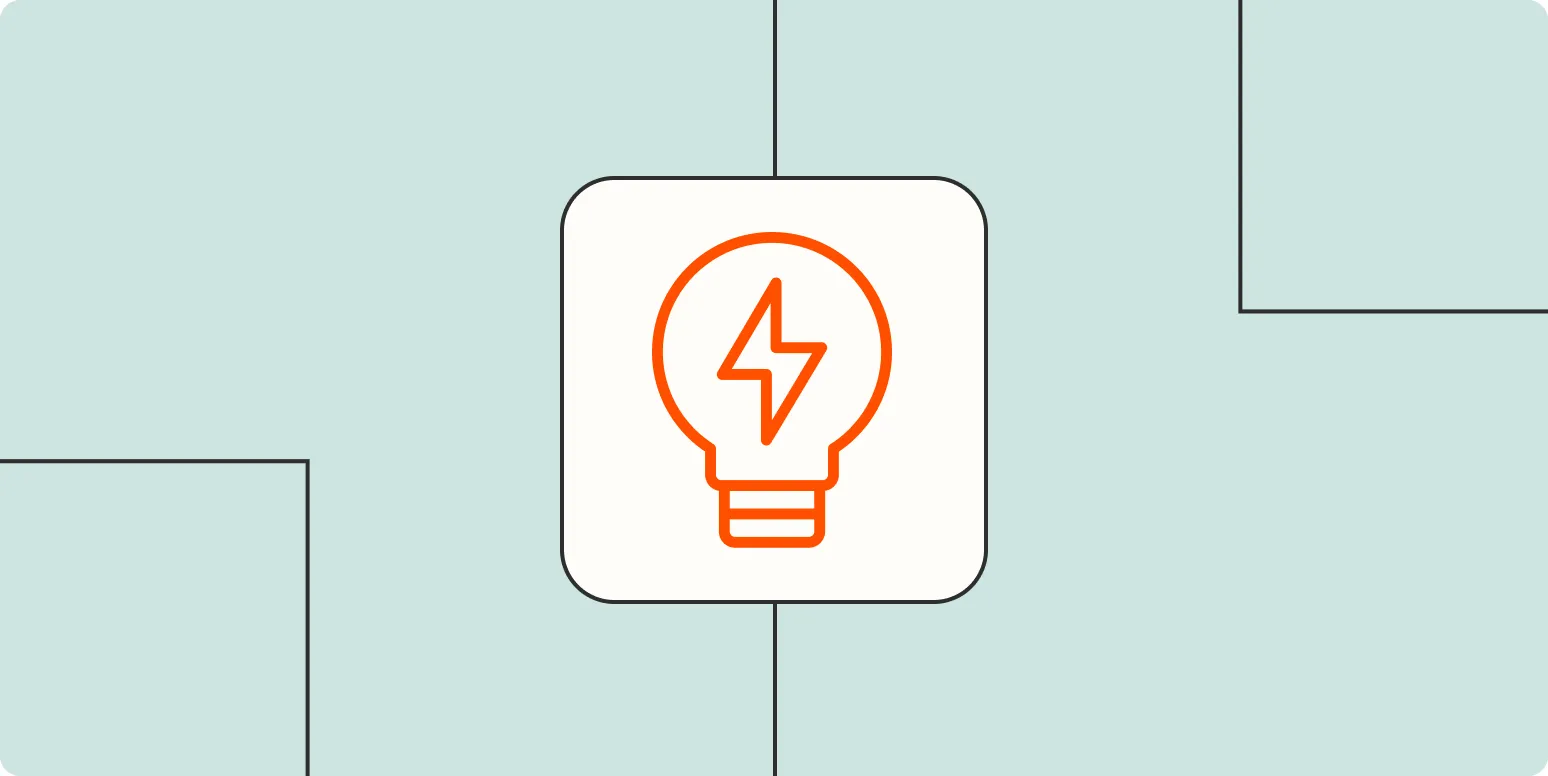
7 strategies for learning new skills
Learning new skills can be an enriching experience when approached thoughtfully. Effective strategies include setting clear and achievable goals, breaking tasks into manageable steps, and practicing regularly to reinforce knowledge. Seeking feedback from peers or mentors can provide valuable insights, while maintaining a growth mindset encourages resilience in the face of challenges. Utilizing various resources, such as online courses or hands-on experiences, enhances understanding. Finally, reflecting on progress and celebrating small achievements can motivate continued learning and improvement.
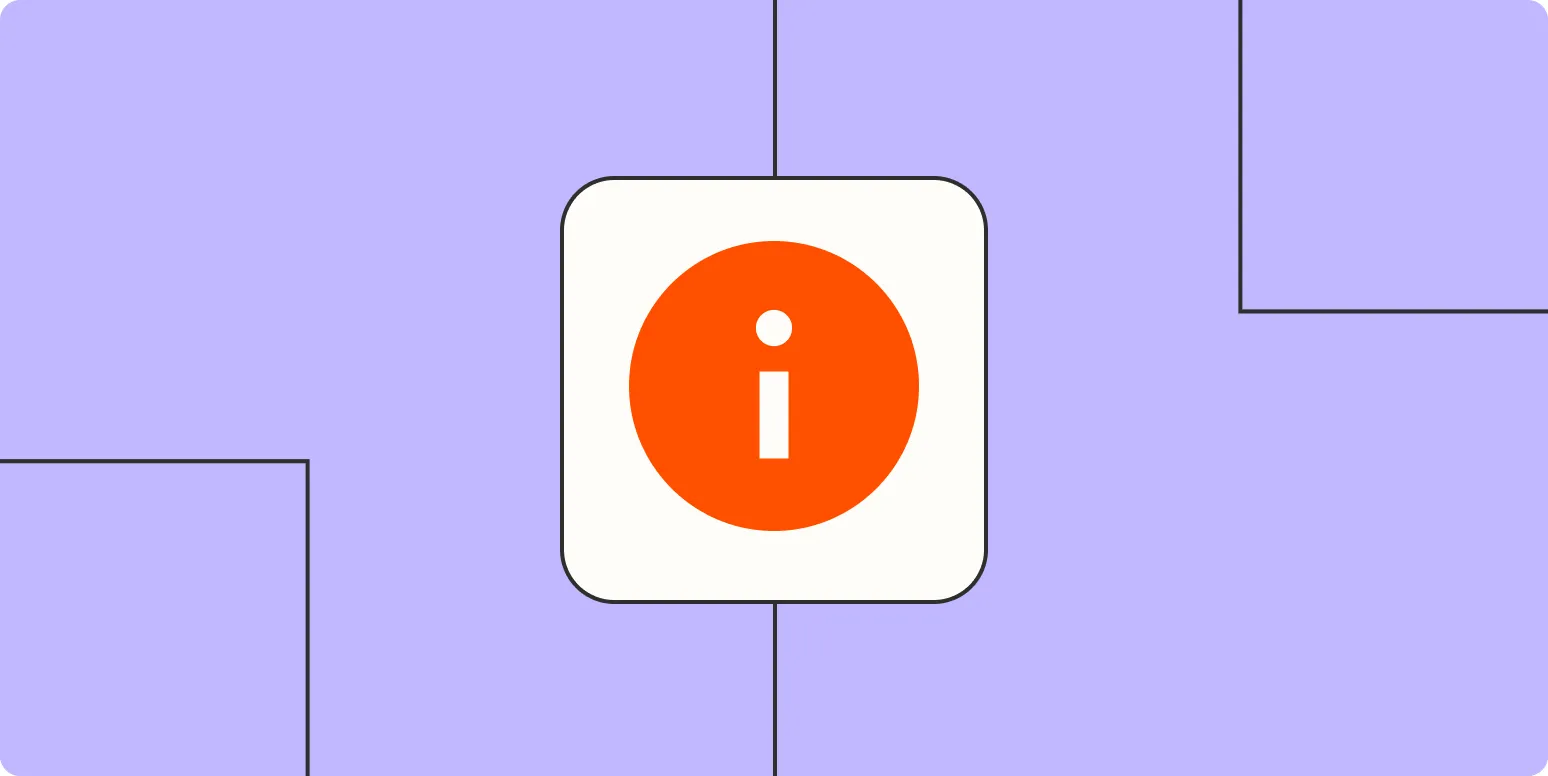
What is upskilling?: How to do it and why it matters
Upskilling refers to the process of developing and enhancing one's skills to stay competitive in a rapidly evolving job market. It involves acquiring new knowledge or improving existing abilities, often through formal education, online courses, or on-the-job training. Upskilling is essential for career advancement, as it enables individuals to adapt to technological changes and shifting industry demands. By committing to lifelong learning, professionals can boost their employability, increase job satisfaction, and contribute more effectively to their organizations.